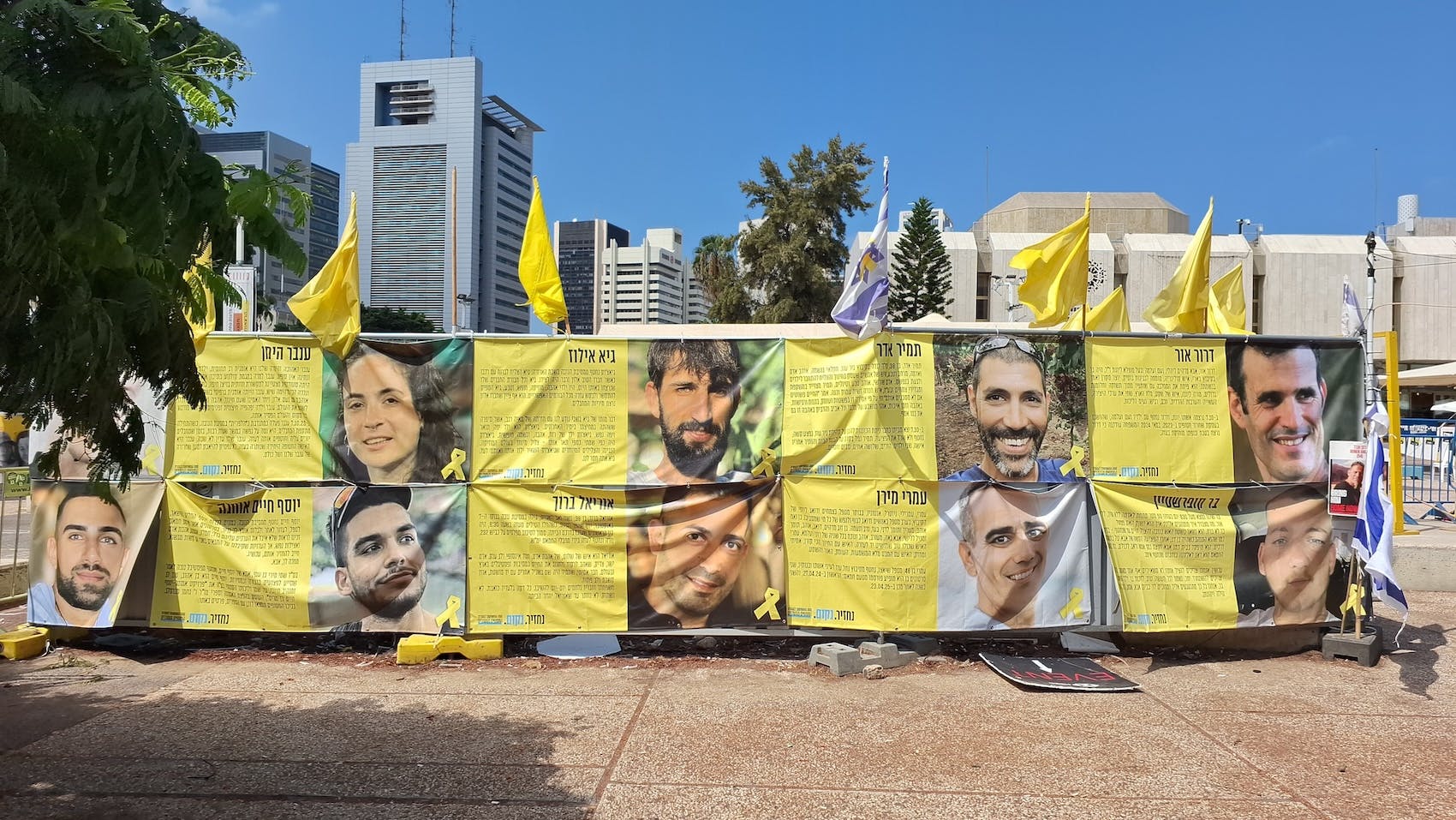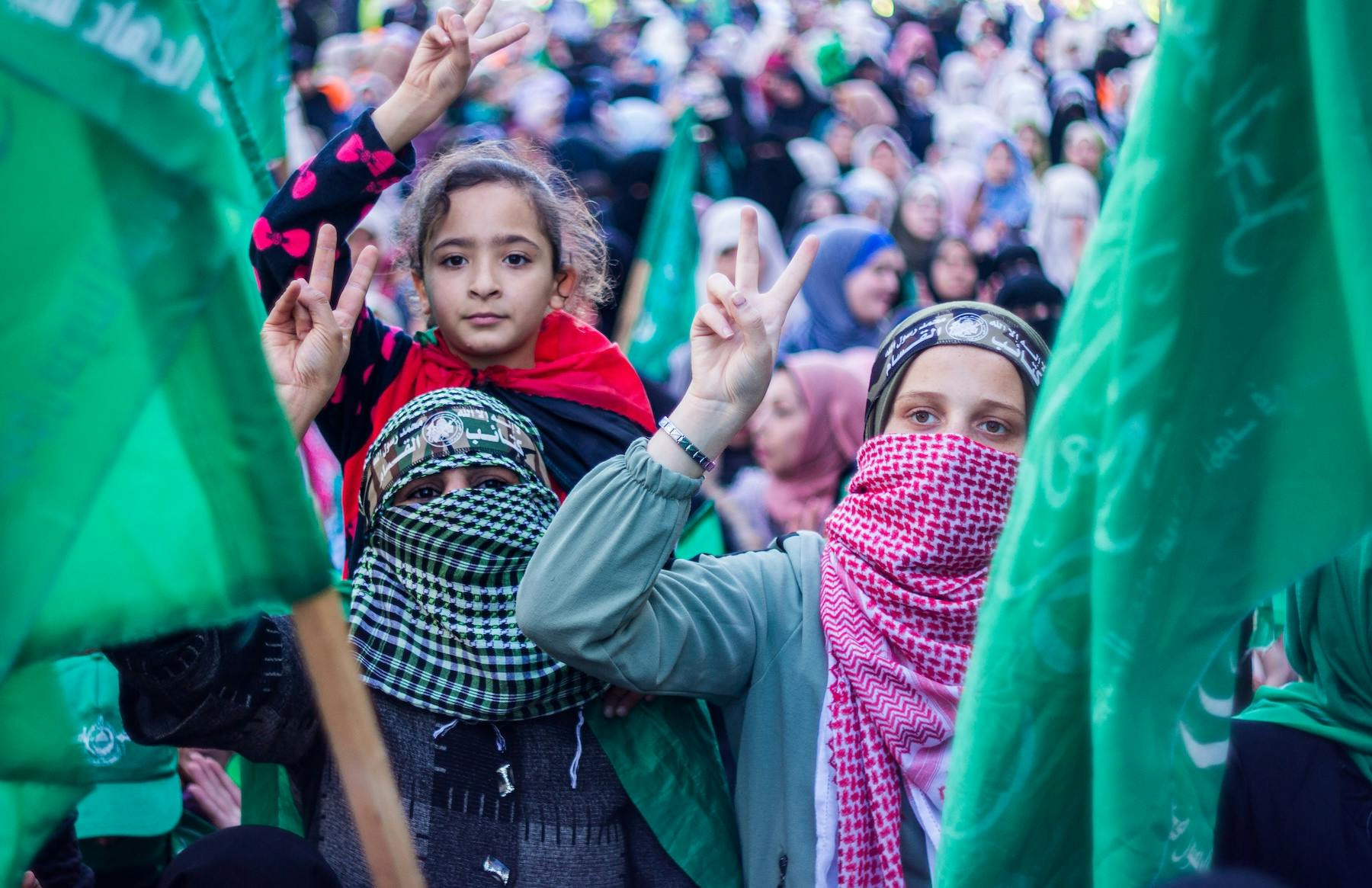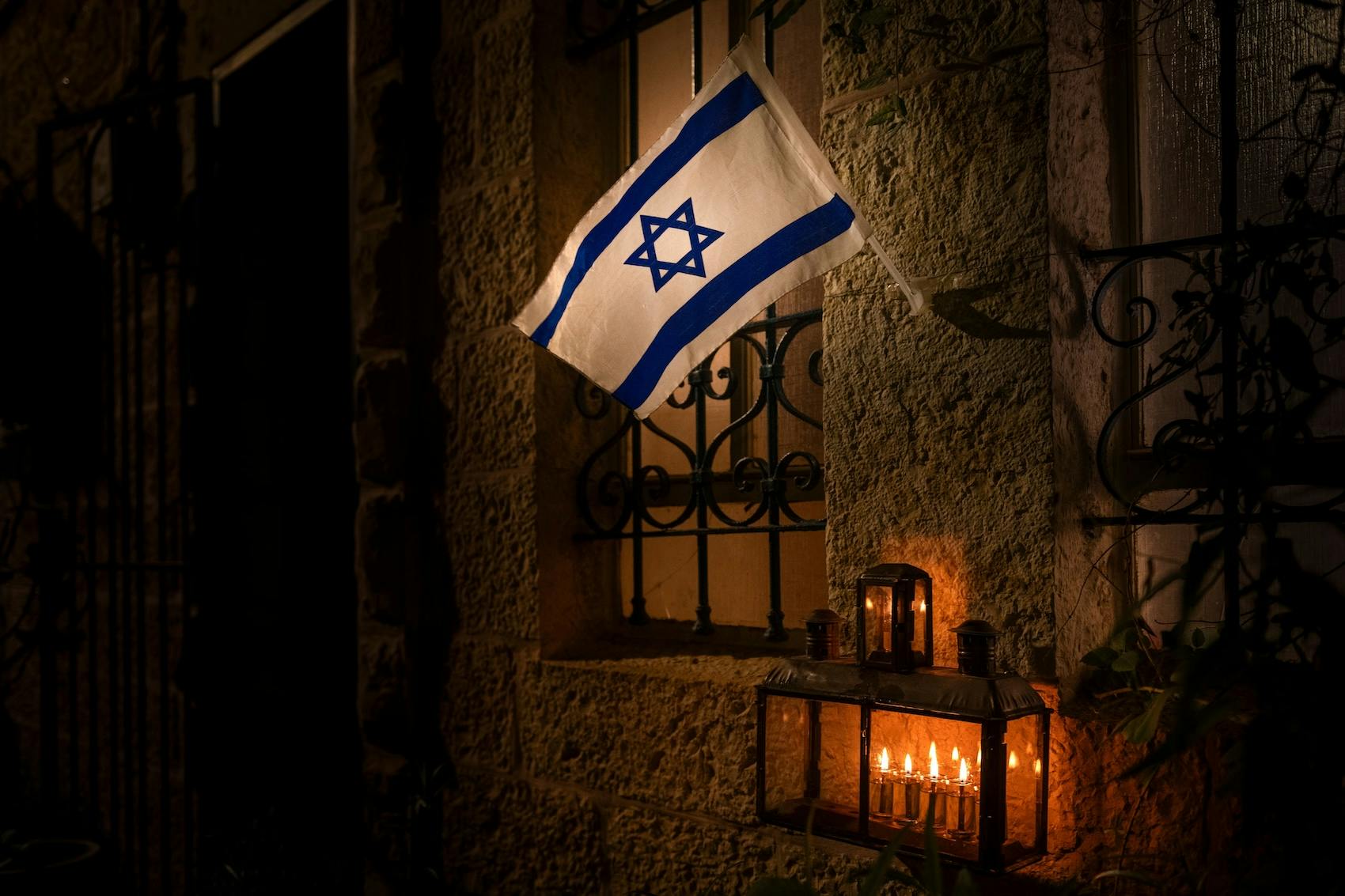Jerusalem, built as a city joined together. - Psalm 122:3
Yom Yerushalayim, or Jerusalem Day, is a relatively new addition to the Hebrew calendar that commemorates the reunification of Jerusalem under Jewish sovereignty in 1967. Celebrated on the 28th day of Iyar, 19 May this year, the holiday marks a pivotal moment in Jewish history and the continued importance of Jerusalem as a spiritual capital.
Historical Background
For over a millennium, Jerusalem has served as the capital of the Jewish people. King David conquered the city around 1000 BCE and established his monarchy there. However, Jerusalem was later conquered twice, the second time by the Romans in 70 C.E., which was a significant event in Jewish history. Since then, Jews have mourned the loss of Jerusalem for thousands of years, including an official day of mourning every year on Tisha B’Av. Although they have been in exile for two millennia, Jerusalem remains the Jews’ spiritual capital. Jews still pray facing Jerusalem and make references to the city in their religious services to this day.
The city was divided between Israel and Jordan after the Israeli War of Independence in 1948, with East Jerusalem (where the wailing wall is located) falling under Jordanian control and West Jerusalem remaining under Israeli control.
On the third day of the Six-Day War in June 1967, the Israeli army captured East Jerusalem, marking the first time in thousands of years that the entire city was under Jewish control. This victory allowed Jews access to the holiest part of the city — the Western Wall, the only remnant of the holy Temple.
Celebrations and Customs
Due to the young age of Yom Yerushalayim, specific customs and traditions are still emerging. The holiday is becoming a pilgrimage day when thousands of Israelis travel to Jerusalem to show solidarity with the city. This solidarity is particularly important as the international community has never approved the "reunification" of the city under Israeli sovereignty, with many countries not recognizing Jerusalem as the capital of the Jewish state.
The Israeli education system devotes the week preceding Yom Yerushalayim to enhancing students' knowledge of the city's history and geography, emphasizing its unique role in Jewish messianic aspirations since Biblical times.
Reciting Hallel
The religious status of Yom Yerushalayim is somewhat ambiguous compared to Yom Ha'atzmaut (Israel Independence Day). Following the model of Yom Ha'atzmaut, the Chief Rabbinate of Israel decided that Yom Yerushalayim should also be marked with the recitation of Hallel (psalms of praise) and a lengthier version of Psukei d'Zimra (the psalms in the earlier part of the morning service). Israel's Progressive (Reform) prayer book notes that Hallel should be recited on Yom Yerushalayim, but not so the Masorti (Conservative) prayer book, which suggests a list of supplemental readings for this day.
The holiday's religious ambiguity is also reflected in the celebrations outside of Israel. While Jerusalem has significant meaning for all Jews, Yom Yerushalayim has yet to attain the popularity of Yom Ha'atzmaut and is not observed extensively outside of Israel.
Nonetheless, Yom Yerushalayim remains an important day for many Jews to celebrate the reunification of Jerusalem and the political independence of the Jewish people. As the holiday continues to evolve, its significance as a symbol of unity and perseverance will no doubt remain a focal point for Jewish communities worldwide.
A quote from Psalm 122:3, often cited in Yom Yerushalayim celebrations, serves as a reminder of the unity the day represents: "Ir shechubrah lah yachdav” — a city that was joined together.
Dance of Flags
A notable celebration marking Yom Yerushalayim is the Rikudgalim, or Dance of Flags, which is a flag-waving parade involving thousands of people, particularly young religious Zionist Jews. Participants march through the streets of Jerusalem, many wearing blue and white – the colors of the Israeli flag – to demonstrate their love and support for the city.
The parade typically begins in the western part of Jerusalem and continues through the Jaffa Gate into the Old City, culminating at the Western Wall. This procession not only serves as a joyous celebration of the reunification of Jerusalem but also as a symbol of the Jewish connection to the city's historical and religious sites.
Jerusalem Day Around the World
Though Yom Yerushalayim is not as widely celebrated outside of Israel, Jewish communities around the world often hold events and activities to honor the day. Synagogues, schools, and community centers may host special prayer services, lectures, and discussions about the significance of Jerusalem in Jewish history and tradition.
In some communities, solidarity marches or gatherings are organized to express support for Israel and the Jewish people's connection to Jerusalem. These events can include live music, speeches, and educational activities for children and adults alike, fostering a sense of unity and pride in Jewish heritage.
Challenges and Controversies
Yom Yerushalayim has not been without its challenges and controversies. The reunification of Jerusalem under Israeli control remains a controversial issue, with the international community largely not recognizing the city as the undivided capital of Israel. Additionally, the Palestinian population in East Jerusalem and the West Bank sees the celebration of Yom Yerushalayim as a provocative act that undermines their claims to the eastern part of the city.
In recent years, the Dance of Flags parade has been criticized for its route through Muslim-majority neighborhoods, leading to tension and sometimes clashes between participants and Arab residents. As a result, alternative routes and security measures have been proposed and implemented to minimize the potential for conflict.
Despite these challenges, Yom Yerushalayim continues to be a significant holiday for many Jewish people. It serves as a reminder of the historical, religious, and cultural importance of Jerusalem and the ongoing struggle to maintain a Jewish presence in the city.
In Conclusion
Yom Yerushalayim is a day to celebrate the reunification of Jerusalem and the Jewish people's connection to their eternal capital. While the holiday is not as widely observed as Yom Ha'atzmaut, it remains an important occasion for many Jews to express their love and devotion to the city of Jerusalem. Through parades, prayers, and educational events, Yom Yerushalayim serves as a reminder of the Jewish people's enduring connection to their ancient capital and the ongoing challenges they face in maintaining that connection.





